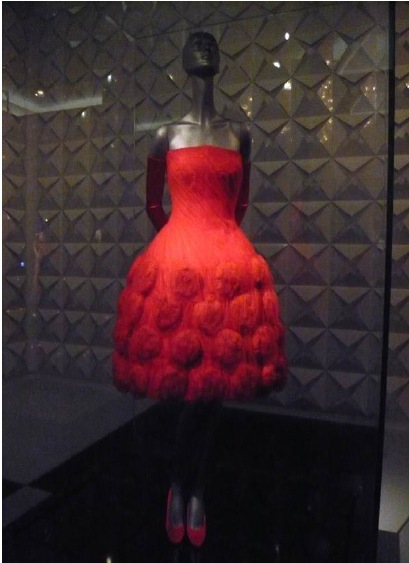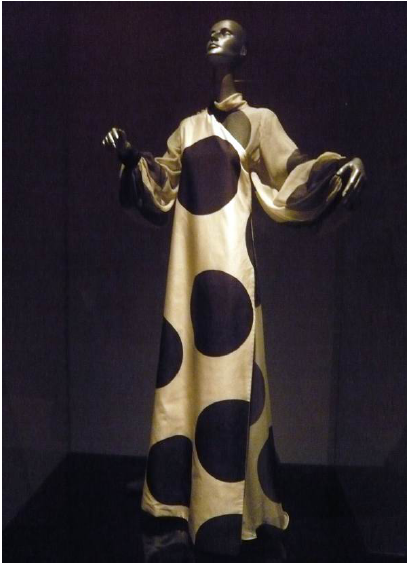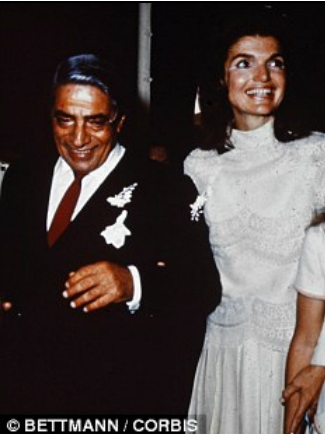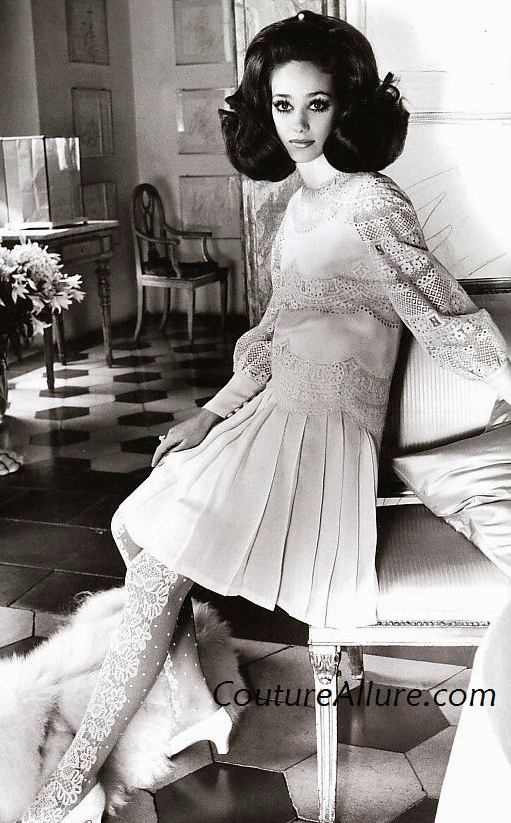Biography
Valentino Clemente Ludovico Garavani can be considered one of the most prominent representatives of the fashion industry. His name, along with the names of Christian Dior and Coco Channel, will always remain as a synonym of style and luxury, with the V being the dream of fashion-conscious women. Valentino Garavani was born on May 11, 1932, in Voghera, Italy, a little town north of Milan. His entry into the world of fashion started with him learning the basics of craft from a local designer Ernestina Salvador and his own aunt, Rosa (Mahalo).
Valentino’s career in fashion started through his position as a designer with Jean Desses, which he obtained after he finished his design studies at the schools of the Chambre Syndicale de la Couture Parisienne in Paris (Steele 704). He opened his own fashion house in 1959. The shift that occurred in the fashion industry toward Italy and designing dresses for movie stars and celebrities linked his name with luxury style and opulence.
Fashion Philosophy
Valentino’s design philosophy can be seen through his perfectionism and love for beauty and glamour. Another trademark phrase that characterizes Valentino’s philosophy in design can be seen through his love to underline beauty in a woman. As he stated right after launching his first collection in Rome, “I don’t think any man in the world wants to go out with a woman dressed like a boy”(Craven). The inspiration for dressing women Valentino drawn from his early experience with watching films, while he was young (CareFair). The love for glamour had also started when he was a teenager, whereas his mother was saying he accepted only expensive things.
The obsession with the women in cinema in his teenage years, along with his love for luxury, glamour, and beauty, formed his design philosophy. Such philosophy can be simply rested as “making a woman beautiful … [t]hat and nothing else” (Specter 128). In that regard, even though his house-made different styles of clothes, it was dresses designed for celebrities that he was famous for the most. When asked about dressing celebrities, he answered, “Who should I dress? Girls in street malls?” (Specter 126).
Signature Style
There are many elements to Valentino’s signature style, including elegance, beauty, and sexiness. Additionally, one of the essential elements of Valentino’s style was opulence, namely represented through “meticulous detailing and magnificent embroidery”, for which he was known (Davis). Such emphasis in his style was a simple combination of elegance and luxury, in which the latter was never ostentatious. The uniqueness of Valentino’s style was also emphasized through such signature elements as sultry delicate laces, “rich chiffons and smooth silk and satins” (Think Fashion). In addition to specific elements that created his unique style, Valentino was known for his love for the color red, which was named after him – “Valentino Red”. Such color was Valentino’s favorite, “a lush Mediterranean summer poppy red, more orange than scarlet” (Polan and Tredre 130).
Valentino found such color when he was still a student, and it is now attached to the sexy image created by Valentino, or as he himself described, it is a color that sizzles, “that draws every eye in the room” (130). In an interview to Susannah Frankel, Valentino stated that a woman would wear such color, if she wanted to be for one evening “beautiful with lots of seduction, sexy and everything…..” (130).
Other characteristic elements of Valentino’s style include his love for lace, cashmere, and fur. The latter can be specifically mentioned in relation to its choice as a material for lingerie. The 1966 lingerie collection stunned the audience with “a winter show that included pink and violet furs” (Steele 704). The importance of such elements as color and material for the signature Valentino style can be seen through the way his typical collection is described in The New York Times,
A typical Valentino collection can include as many as 50 varieties of red-carpet-worthy silk gowns, in columns, voluptuous wraps, halters, and deeply cut sheaths, with another 50 or so day suits in pastel cashmere or fine lace. And then there is the fur. And paillettes. And beads. And feathers. And more. (The New York Times)
Dominant Historical Period
Valentino retired from the fashion industry in 2008, with more than 45 years in the fashion industry. Although Valentino’s influence was evident throughout his entire career in fashion, it can be stated that his most historical dominant period was during the 1960s. In that regard, Valentino’s love for the movies, which inspired him to pursue a fashion career, played a significant role in the dominance of the 1960s. The first collection and Salon Valentino was launched in 1960 in Rome (Craven). At that period, many films were shot in Rome with famous film celebrities, such as Elizabeth Taylor, Audrey Hepburn, Sophia Loren, and Gina Lollobrigida. Those films played an important role in the popularization of the Italian fashion industry, a major part of which was Valentino Garavani. Those visits by celebrities contributed to the discovery of Valentino, who was called at the time “the Golden Boy of Italian couture and often referred to this time as his “sweet life” (Bye 15). Notable events at that period include the fashion show on the runway of the Sala Biance in the Palazzo Pitti in Florence in 1962. This event is considered significant for securing the fame of the designer, where for the first time the French Vogue dedicated its cover for Valentino (Steele 704). Collezione Biance in 1968, with white and off-white garment, introducing almost all shades of white and geometrical shapes, was also one of the most remarkable vents that outlined the significance of that period. It should be stated, however, that it was his design of Jacqueline Kennedy’s dress for the wedding with Aristotle Onassis in 1968 that made him “the most acclaimed designer at the moment at that period (704).




Conclusion
It can be concluded that the rise of Valentino to fame in the design industry can be attributed to his attachment to a few particular aspects throughout his career. Such aspects are represented through colors, materials, opulence, and luxury. Maintaining those elements in focus, while experimenting with approaches made dresses desponded by Valentino symbols of a certain lifestyle he represented. His love to beauty and for women to be beautiful is reflected in his work through his all career.
Works Cited
“Valentino Retrospective – Past Present Future Exhibition”. 2008. Resorts World Singapore. Web.
Bye, E. Fashion Design. Berg Publishers, 2010. Print.
CareFair. “What Inspires Fashion Great Valentino Garavan”. 2006 Carefair. Web.
Craven, Jo. “Valentino”. 2008. Vogue.com. Web.
Davis, Boyd. “Valentino: Master of Design Opulence”. 2007. Fashion Windows. Web.
Mahalo. “Valentino Garavani”. 2011. Mahalo.com. Web.
Polan, Brenda, and Roger Tredre. The Great Fashion Designers. English ed. Oxford ; New York: Berg Publishers, 2009. Print.
Specter, Michael. “The Kingdom.”The New Yorker (2005): 124 – 35 pp.
Steele, V. The Berg Companion to Fashion. Berg Publishers, 2010. Print.
The New York Times. “Valentino”. n.d. The New York Times Company.
Think Fashion. “Valentino Designer Profile”. 2009. Think Fashion. Web.
Vintage Fashion. “Jacqueline Kennedy Marries Aristotle Onassis in Valentino – 1968”. 2010. Vintage Fashion.